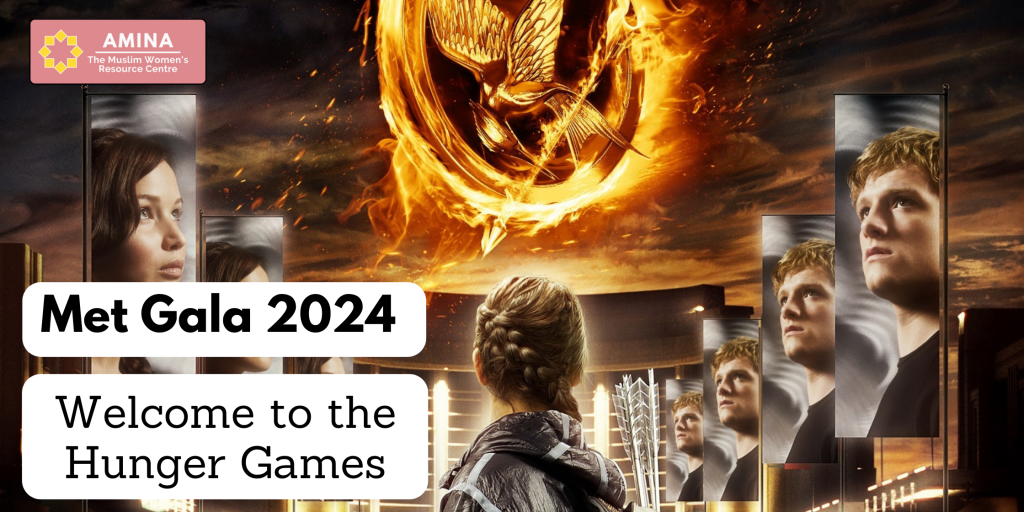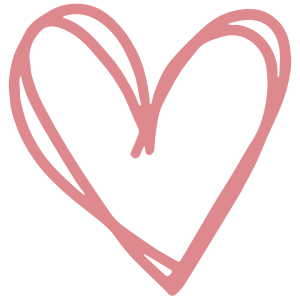
Met Gala 2024: Welcome to the Hunger Games

What constitutes “enough”?
The year is 2012. The Hunger Games, a dystopian post-apocalyptic movie is released, based on the book by author Suzanne Collins. In a nutshell, the story is set in Panem, a nation divided into 12 districts that compete for scarce resources and opportunity, while those living in the Capitol live extravagant lives. The story follows protagonist Katniss Everdeen as she competes in The Hunger Games, an annual competition where 2 contestants from each of the 12 districts fight to the death for eternal fame and glory, to entertain the affluent living in the Capitol. Suzanne Collins’ inspiration for the story came one night while channel-surfing, observing the stark contrast between commentary on the Iraq War on one channel, and extravagant footage of reality TV stars.
Alongside her fellow competitor from District 12, Katniss is transported to the lush Capitol under the supervision of Mentors Haymitch, and Effie Trinket. At the Capitol, people are extravagant and wealthy, more focused on themselves and their own affluence, rather than being concerned with those struggling in the Districts. Mentor Effie Trinket demonstrates this tendency, being known for her eclectic personality and style. While the movies were a big hit, there was no denying the unrealistic nature of the film at the time.
Fast forward to 2024 – 12 years later, yet the years could be a lifetime apart. Met Gala 2024 is in full swing as celebrities make their way across the red carpet in extravagant designs, reminiscent to those of Effie Trinket’s. What was once considered over-the-top and near ridiculous, is now the coveted style as celebrities walk adorned in impractical clothes made of sand, flowers, and beads.
News channel headlines read “Met Gala 2024 fashion: The best looks from the red carpet”, boasting facts about the celebrities’ extravagant choices, including how it took the 70 people to create a single dress. One celebrity makes the headlines for being lifted in a fragile dress made of sand by four people, as her outfit lacked the practicality that allowed her to climb a few steps.
Meanwhile in the Middle East, a seven-month long attack on the Palestinian people is underway. Few news channels post about the situation, choosing instead to focus on the Met Gala. One news channel committed to posting facts about the situation is banned, and robbed of its entitlement to free speech. Photographic and video evidence of the brutal onslaught in Gaza makes it way to social media platforms each day, yet the public chooses to hurriedly swipe through while leaving doting comments under Met Gala posts.
The parallels are shocking. Whoever thought we could live in a world where we’d grow immune to the image of starved, limbless children, yet be swooning over celebrities for the “princess treatment” they receive for their impractical style choices? In a world that makes us complicit through peer pressure, whether by normalising the praise of harmful societal aesthetics, or by encouraging silence because the war is not close enough to home, we must take on a duty of distinguishing between situations that breach international human rights, and those that may constitute idle talk.
During the Hunger Games, the Mockingjay became a symbol of vocality, representing a failed attempt by the affluent Capitol to spy on the Districts. Today, the watermelon emoji, a visual depiction of the vibrant colours of the Palestinian flag, is the equivalent of the Mockingjay, as people use it to raise awareness of the situation in the Middle East. In a world where digital platforms are censoring free speech, restricting digital accounts, and academics are assaulting peaceful protestors, it is our duty as individuals and a wider community to use our reason to question such behaviour.
Why is the world so eager to cover up the situation in the Middle East, and why are media outlets handing out headlines to celebrities, instead of breeches of international human rights?
How many more deaths will it take before world leaders speak up for the people of Gaza?
When will we have witnessed enough?
Amina MWRC is a Women’s Rights Organisation, a Scottish Registered Charityand a third-party Hate Crime Reporting Centre. We provide a platform for Muslim & BME women’s voices in Scotland. To submit a piece for our blog, please email info@mwrc.org.uk, with subject line “Blog Post”.
To report an incident or for support following an Islamophobic incident, please contact us online or call our helpline, available from Monday to Friday, 10am to 4pm at 0808 801 0301. We also offer free employability support, domestic abuse casework, financial advocacy and creative wellbeing activities for Muslim & BME women in Scotland.

